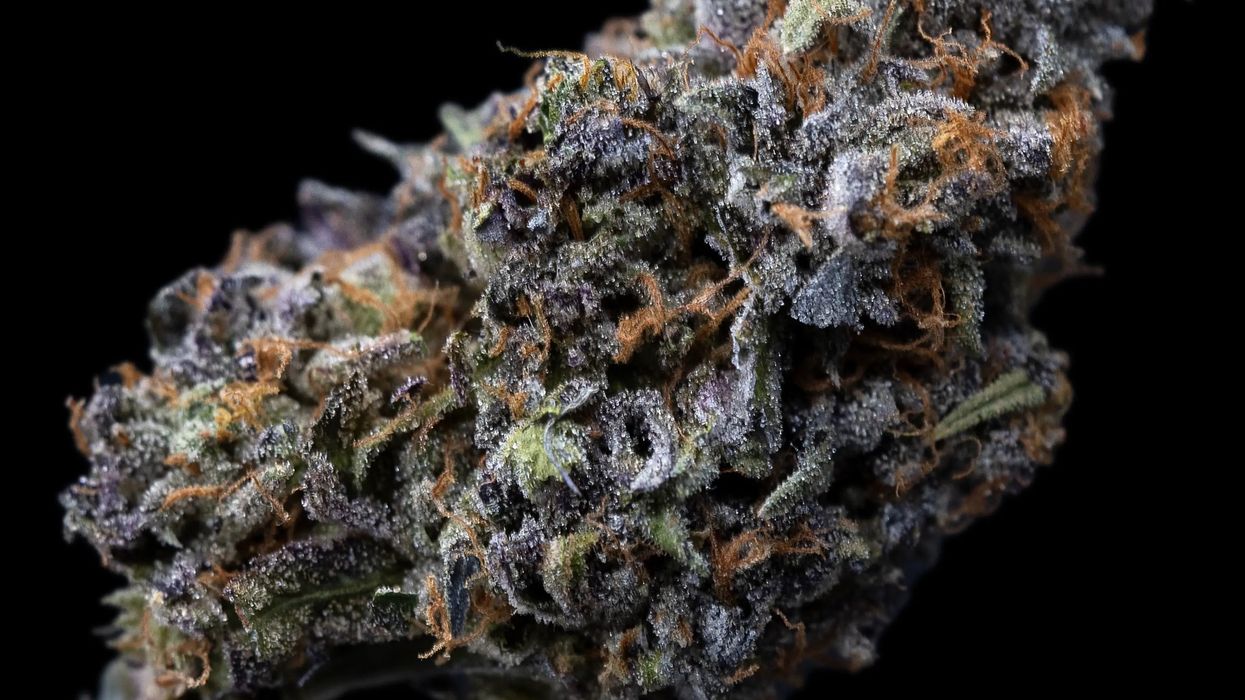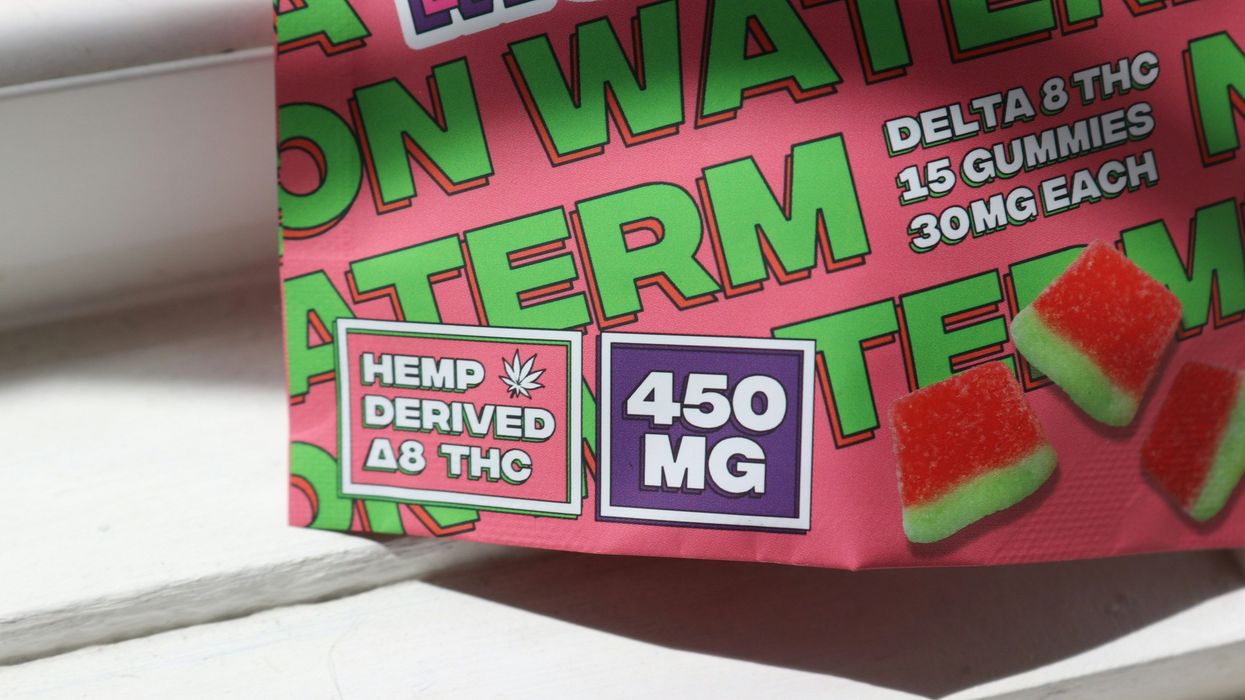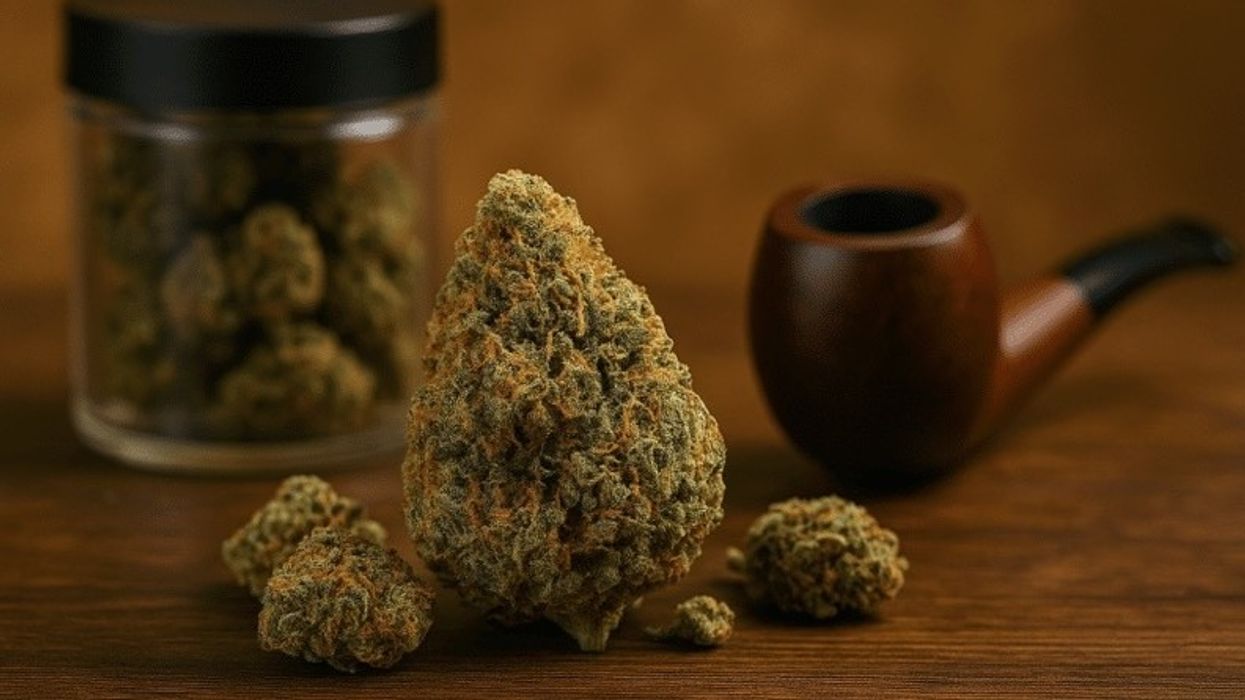Sign Up for The Bluntness Newsletter for Your Weekly Dose of Cannabis News
The passage of the 2018 Farm Bill has been a massive boost to the U.S. hemp market, as the plant’s full legalization has allowed grocery store and pharmacy shelves across the nation to stock products proclaiming the health benefits of hemp-derived CBD. But even full legalization hasn’t been enough to grant official approval for any CBD products at the country’s largest retailer—Amazon. (The web giant officially passed Walmart in size earlier this year.) Given that Amazon current takes up a whopping 49% of the U.S. e-commerce market, that’s a significant stumbling block for small business in the CBD space, and the hemp industry at large.
Amazon’s stated rules of service go out of their way to explicitly exclude the selling of CBD products, stating:
“Listings for products containing cannabidiol (CBD) are prohibited, including but not limited to:
- Full spectrum hemp oil
- Rich hemp oil
- Products that have been identified as containing CBD by LegitScript”
This is a bit confusing, as a quick search for CBD oil on the site reveals many, many products listed under terms such as “hemp extract”, “hemp oil”, or “hemp oil extract,” that conjure a suggestion of CBD products but use hemp as a stand-in term. These could also easily be confused with products labelled as “hemp seed oil,” another oft-listed and perfectly legal product made from pressing the seeds of hemp plants, which contain only non-affecting trace amounts of CBD or other cannabinoids. (The flower is the primary cannabinoid depository on the plants.) Almost all of these products are marketed by suggesting effectiveness for stress reduction, pain relief, and anxiety that are most often associated with CBD-laden oil, as opposed to the seed, which is often used as a skin-care aid or nutritional supplement.
Some savvy sellers are gaming the market interest in CBD products by listing “Zero CBD” among the Amazon Marketplace keywords for their Hemp Oil products, making sure that folks searching for the real stuff are directed straight to their would-be substitutes. Amazon relies mainly on community reporting to police alternately labeled CBD products that slip through the cracks when posted by third-party users. That system is, of course, rife with inconsistency and vulnerable to petty grievance, and outright sabotage from unscrupulous companies attempting to block competitors from gliding by. In short, very similar products being blocked or not blocked, depending on what kind of attention they’ve drawn. And of course, if you scroll through long enough, you’ll almost certainly come across products blatantly listed as “Hemp Derived CBD Oil,” that seem to risk an imminent ban if they are ever noticed.
The seeming inconsistencies in what is allowed to go up, stay up, and get pulled have been a source of great ire for independent producers and small businesses who might benefit greatly from an allowed Amazon presence. On the Sellers Central Forum, where Amazon retailers compare notes, best practices, and searing complaints, the seemingly selective enforcement of CBD guidelines is a particularly hot topic.
A few representative complaints convey widespread frustration:
“Amazon needs to update its policy as the DEA took CBD off schedule I and is now valued as something with medical uses. If Nebraska can sell it, so can Amazon…they are missing out on a huge market!”
“I asked seller support after I got a policy violation for CBD oil, they stated that they know is legal in all 50 states but because Amazon is seen world wide in places where CBD is banned then they will not allow it.”
“We get this all the time when they remove our pages but others are present even Amazon as the seller."
Qualms like these represent a small part of a larger, and building anti-Amazon sentiment that’s been brewing in the zeitgeist. Multiple exposes have now been published about poor worker conditions at Amazon fulfillment warehouses, and dangerous road conditions caused by the contractors tasked with meeting impossible same-day delivery promises. Massachusetts Senator Elizabeth Warren has made a crusade against the online giant’s business practices a lynchpin of her stump speech as she seeks the 2020 Democratic presidential nomination.
Warren claims that Amazon weaponizes its user data to identify buying trends, so it can then produce similar goods themselves to offer at rock bottom prices, thus cornering the online market and forcing small businesses to go under. It’s one of the key assertions she’s made to support treating tech giants as monopolies and breaking them up to reduce the tremendous power they hold over individual markets and our daily lives.
Amazon, it should be noted, adamantly disagrees with Warren’s characterization, and defends their treatment of contract workers. But when this much of a country’s economy flows through one channel, it’s almost inevitable that they’d become a lightning rod for controversy and condemnation.
Their current practices around legal hemp products suggest that even full recreational marijuana legalization in America might not be enough to get them to sell the cannabis industry’s products. The legal cannabis industry continues to grow in size and nationwide acceptance. Amazon continues to dominate the retail marketplace. Expect the intersection of those two trends to continue creating friction that won’t soon fade.







 11 Signs You've Greened Out and How to Handle It - The Bluntness
Photo by
11 Signs You've Greened Out and How to Handle It - The Bluntness
Photo by  11 Signs You've Greened Out and How to Handle It - The Bluntness
Photo by
11 Signs You've Greened Out and How to Handle It - The Bluntness
Photo by 







 Introduction to Psychoactive Mushrooms: The Aztec God Strain - The Bluntness
Photo by
Introduction to Psychoactive Mushrooms: The Aztec God Strain - The Bluntness
Photo by  Introduction to Psychoactive Mushrooms: The Aztec God Strain - The Bluntness
Photo by
Introduction to Psychoactive Mushrooms: The Aztec God Strain - The Bluntness
Photo by 
 What will you do with that cannabis kief collection? - Make Coffee! The Bluntness
What will you do with that cannabis kief collection? - Make Coffee! The Bluntness DIY: How to Make Kief Coffee - The Bluntness
Photo by
DIY: How to Make Kief Coffee - The Bluntness
Photo by 
 The Truth About THC Candle: Cannabis Candles & How to Make Your Own - The Bluntness
Photo by
The Truth About THC Candle: Cannabis Candles & How to Make Your Own - The Bluntness
Photo by